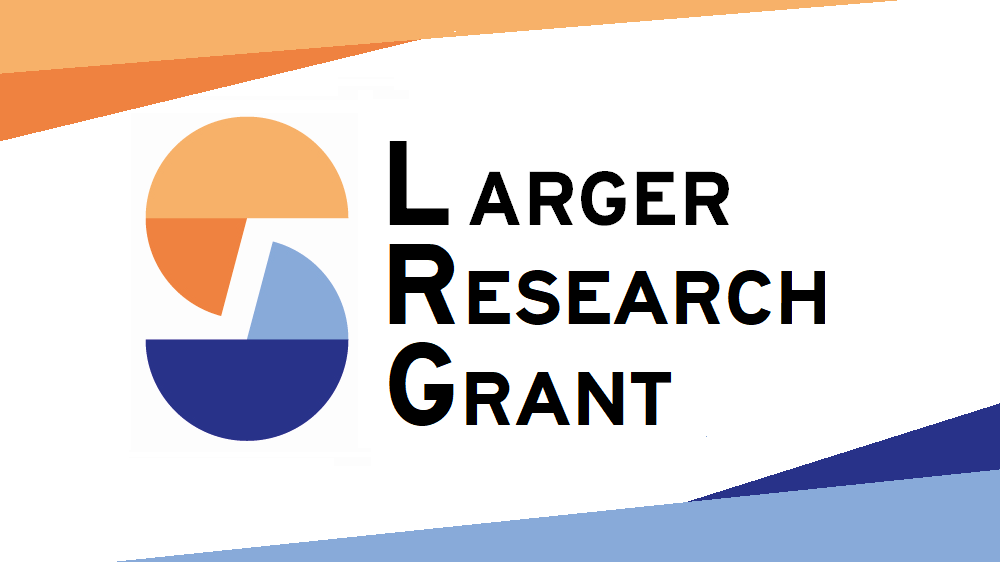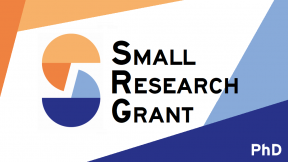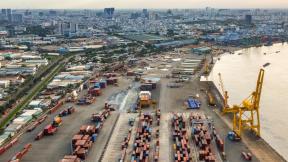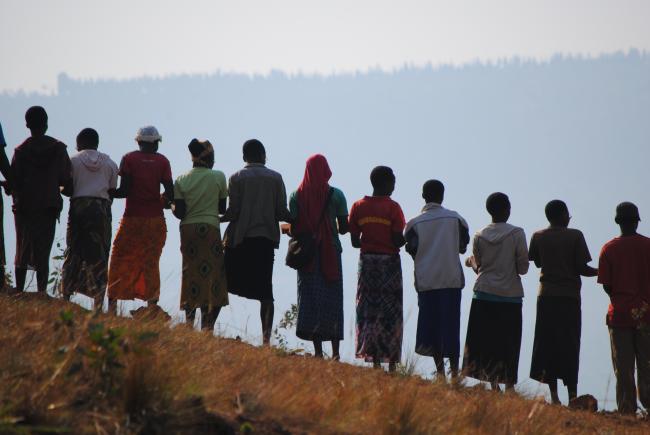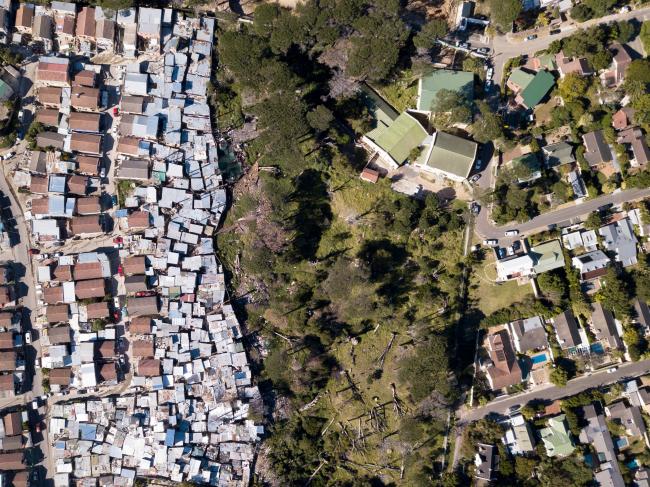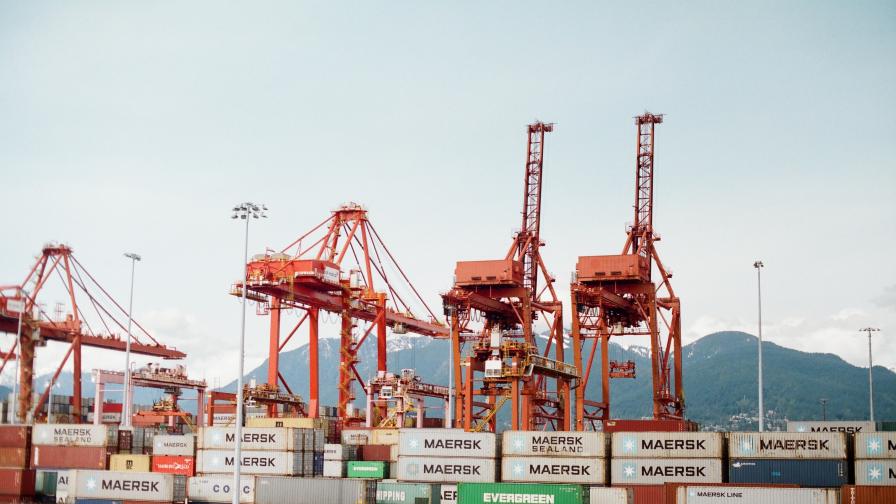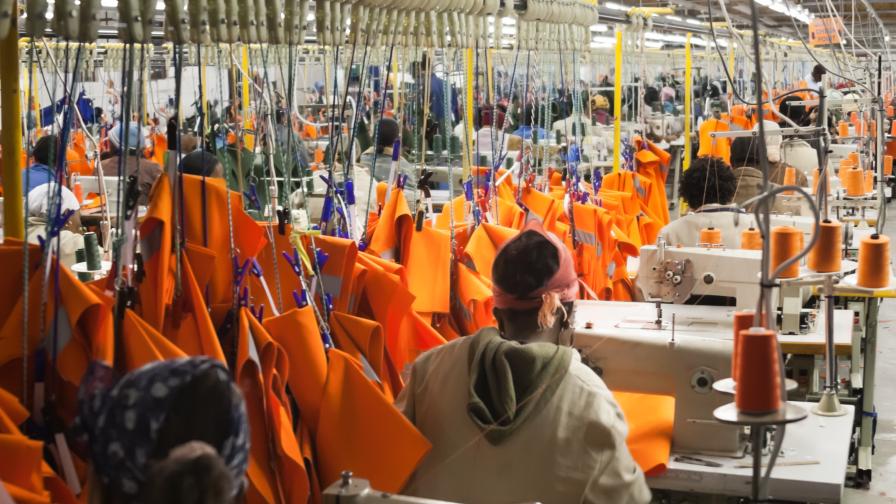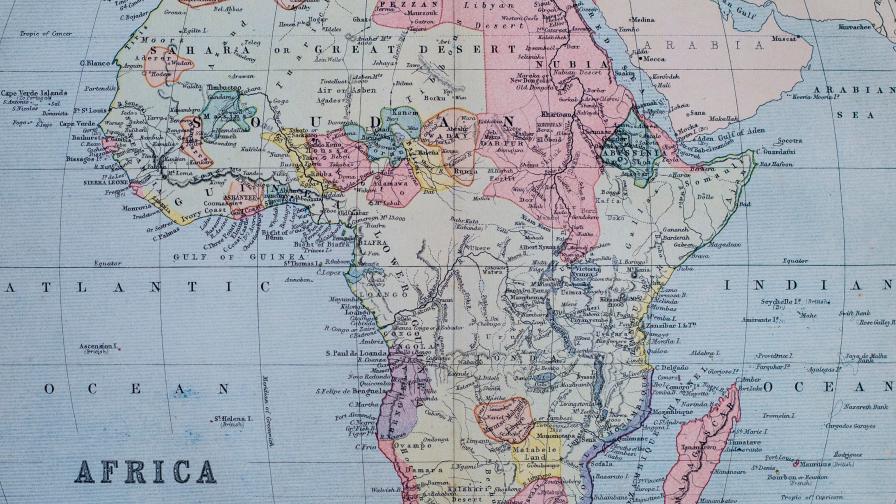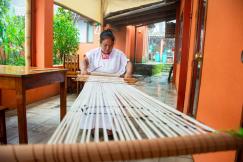Strong export performance is often seen as key to unleashing firm productivity and spurring economic growth, both for the exporting firms themselves and for the broader economy. Given these perceived benefits, middle and low-income country (LMIC) governments commonly implement export promotion policies that aim to alleviate market failures hindering export growth. One common approach is to offer state-subsidised loans, with a goal of easing financial frictions that may otherwise inhibit the investments needed to access world markets (such as quality upgrading and certification, advertisement and promotion, or fixed cost investments in capacity and production). And yet, despite their ubiquity, there is limited rigorous evidence on the impact of these policies.
This project aims to provide experimental evidence on the impact of one such policy. Specifically, the project studies the Export Growth Fund (EGF), which offers large, preferential-rate loans to exporters and potential exporters through Development Bank of Rwanda (BRD). To generate exogenous variation in policy take-up, the study partners with the BRD to run a door-to-door campaign targeting randomly selected firms. Firms in the treatment group receive promotional materials and application support. By comparing firms that receive the door-to-door campaign, which is expected to increase EGF adoption, to firms that do not, the design allows for a causal estimation of the EGF’s impact on credit access, firm growth, and export performance. Using a combination of firm survey and unique access to administrative data, the study also estimates effects on the broader economy through impacts on employment, upstream supplier growth, and tax revenues. Finally, the study explores the mechanisms through which increased financial access may facilitate exports, including investments in quality upgrading and expansion into higher-value markets.
The project is developed in close collaboration with Rwanda’s Ministry of Industry and Trade, BRD, and other local stakeholders. More broadly, the findings will inform policy debates LMICs about the efficacy of export promotion policies. In doing so, this study aims to deepen the understanding of financial frictions, trade and development in LMICs.
